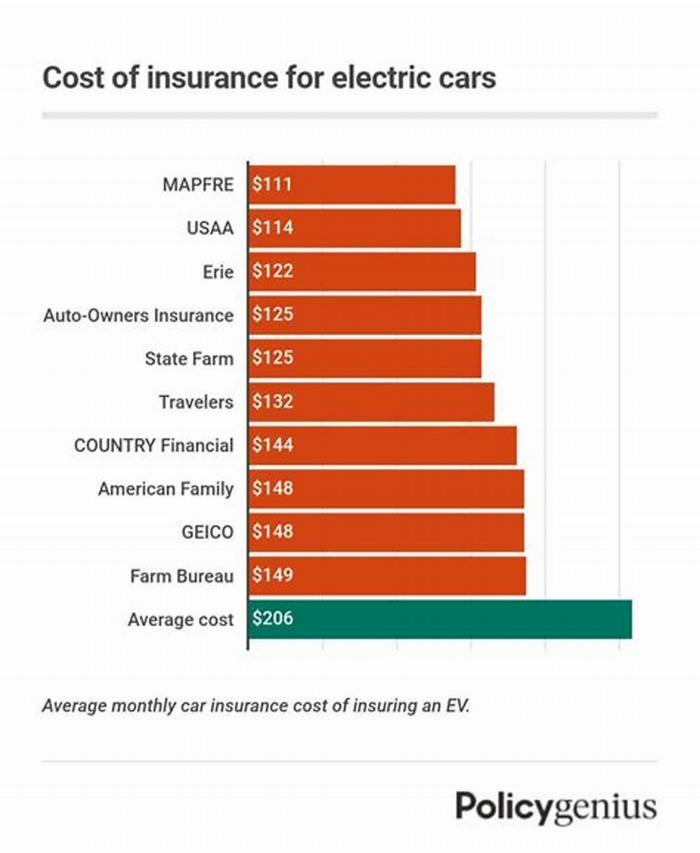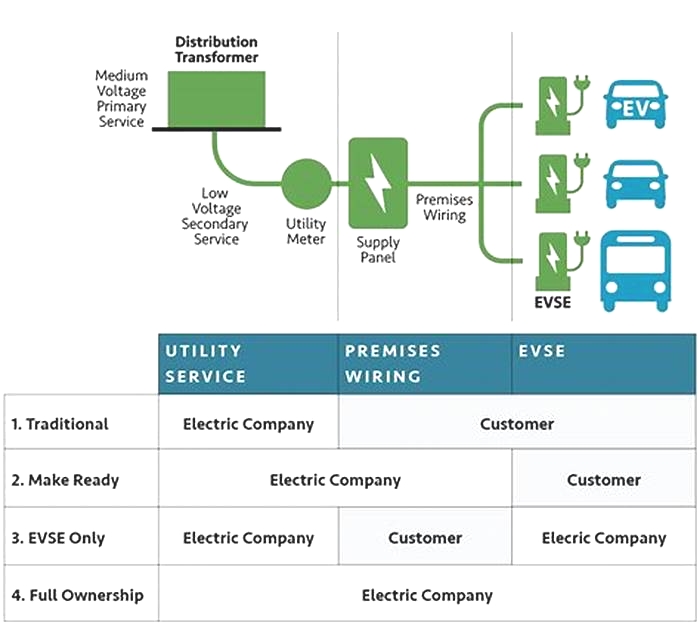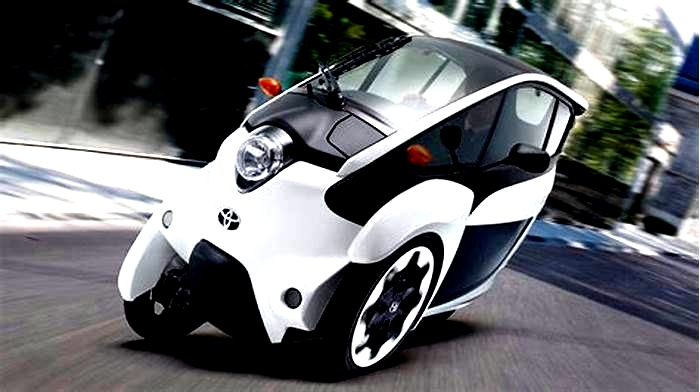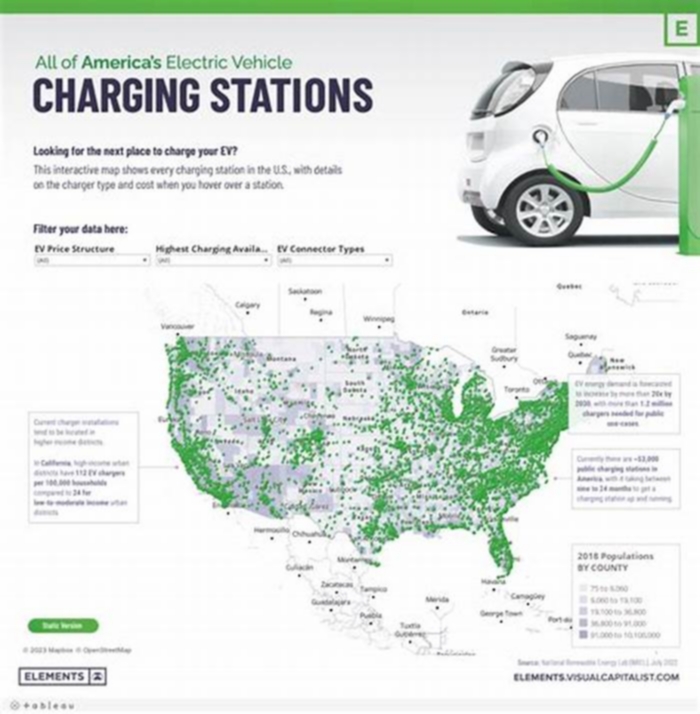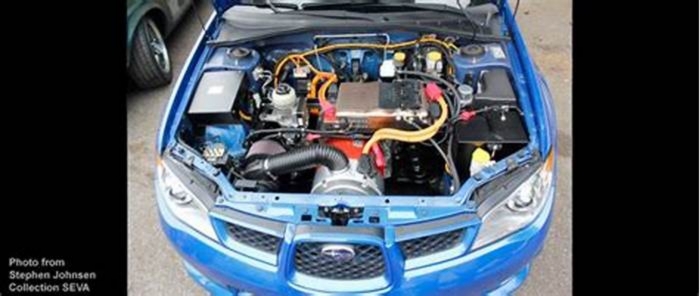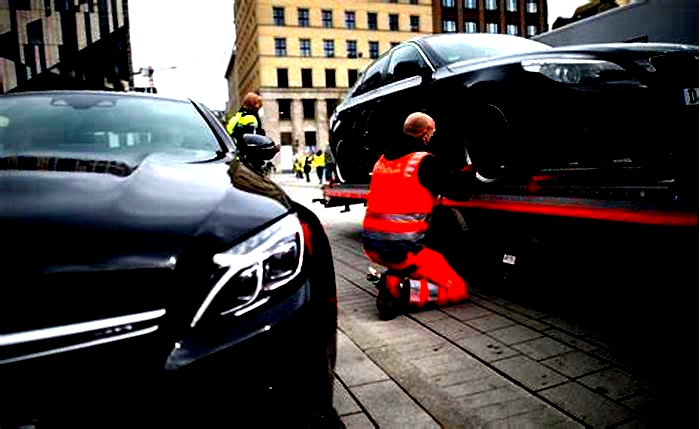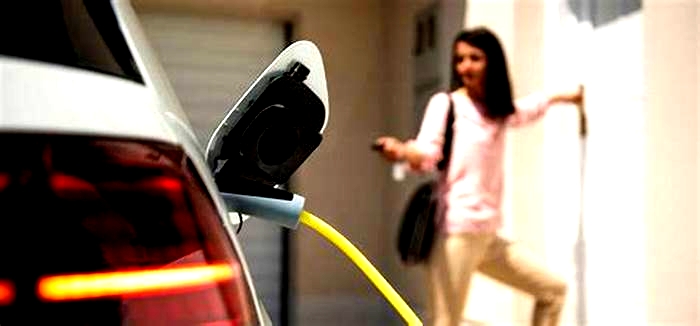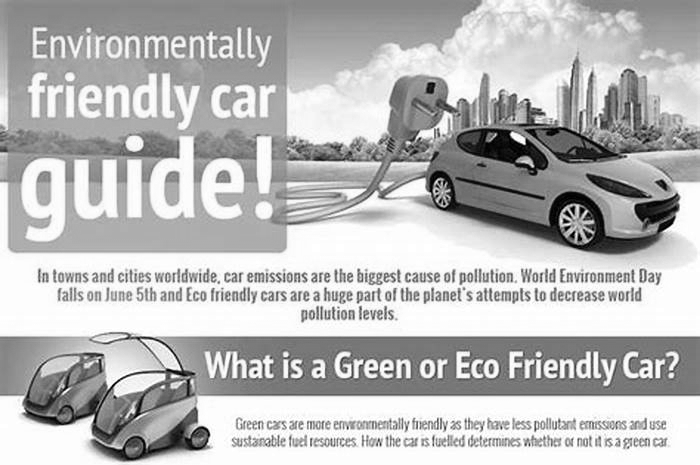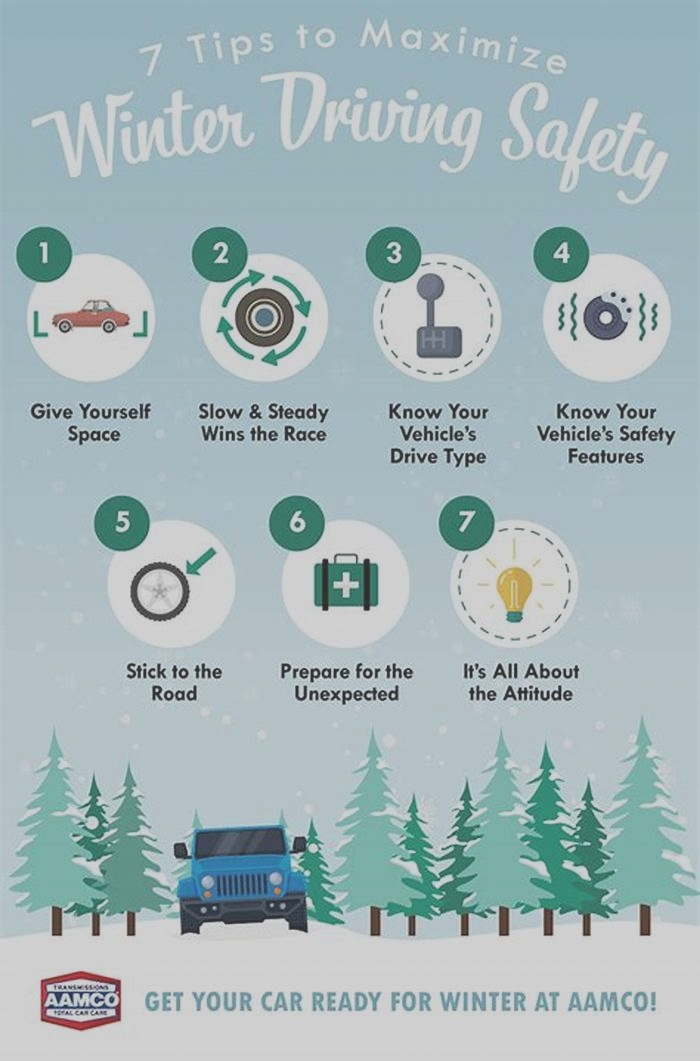Navigating EV Regulations Legalities and Compliance for Owners
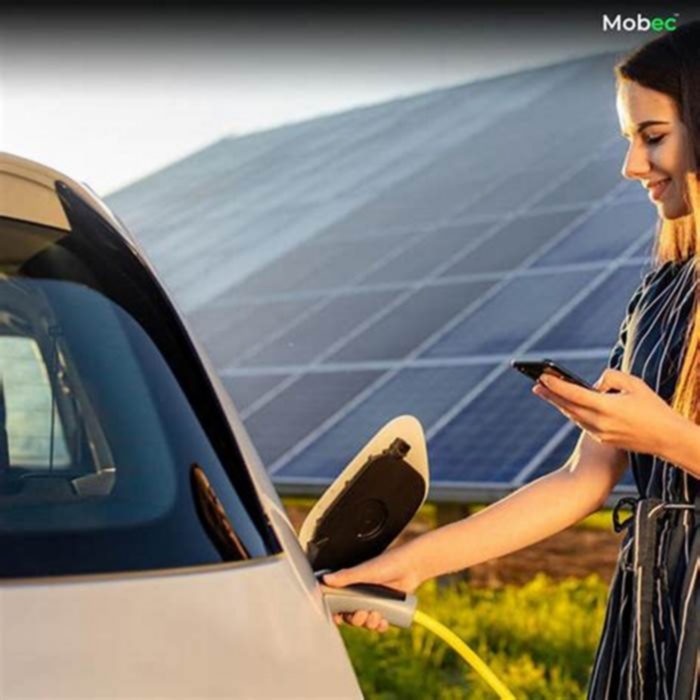
Legal Requirements for EV Conversions
Navigating the legal landscape of electric vehicle (EV) conversions can be complex. As the demand for sustainable and environmentally-friendly transportation grows, many vehicle owners are considering converting their gasoline-powered vehicles to electric. However, this process is not as simple as swapping out engines.
It involves many legal requirements and regulations that must be adhered to, from vehicle registration and safety standards to insurance liabilities and environmental regulations. This article aims to provide a comprehensive guide to the legal requirements for EV conversions, helping you understand and navigate this intricate process.
READ: Cost of Insurance: EVs vs Conventional Cars
Legal Requirements for Converting to an Electric Vehicle

Switching from a gasoline-powered car to an electric vehicle (EV) involves more than just buying and installing a conversion kit. It's a journey through a maze of legal requirements that must be met to ensure the conversion is both official and legal. These legalities can seem daunting and often deter potential EV enthusiasts. However, they are in place to promote responsible mutations and ensure long-term safety for EV owners and other road users. This article will demystify these legal requirements, covering documentation, safety standards, insurance liability, environmental regulations, charging infrastructure, local and state laws, and considerations when selling converted EVs.
Before you embark on your EV conversion journey, it's crucial to understand these legal landscapes. Whether you aim to reduce your carbon footprint, save on fuel costs, or wow your tech-savvy friends, do yourself a favor and get to the legalities first. Addressing them early will pave the way for a safe, legal, and hassle-free EV conversion journey.
So, are you ready to hit the road? Buckle up and join us as we navigate the legal requirements for electric vehicle conversions.
Vehicle Registration and Legal Documentation for EV Conversions
Starting an EV conversion journey requires more than just enthusiasm and technical know-how. Understanding the legalities surrounding vehicle registration and documentation for converted EVs is essential. While the specific requirements may vary from state to state, there are some standard requirements that most jurisdictions share.
First and foremost, you need to notify your local Division of Motor Vehicles (DMV) about your plans to convert your conventional vehicle to an EV. This step is often overlooked but is key to staying within the law. You'll need to obtain the appropriate forms from your state's DMV that indicate a change in your vehicle's primary fuel type.
Once the conversion is complete, your vehicle must be re-registered as an EV. This involves passing a series of inspections to ensure it meets all road safety standards and protocols. The process typically includes verifying the vehicle's weight, seating capacity, and speed capability to ensure these parameters haven't drastically changed due to the conversion.
Moreover, you'll need to provide legal documentation regarding the parts used in your conversion. This is crucial for recall and safety purposes and may include receipts, details of the retrofit company, specifics of kits used, and information about the professional installer if one was used. Keeping detailed records of these is essential for re-registering your vehicle.
In some jurisdictions, you may also need a Statement of Construction outlining the exact changes your vehicle made during the conversion. This statement proves that you adhered to standard safety procedures during the modification process.
Remember, your vehicle conversion isn't complete until your vehicle has been successfully re-registered and you have comprehensive documentation for the conversion process. Take the time to familiarize yourself with the regulations in your state. If in doubt, don't hesitate to consult your local DMV or a legal expert specializing in motor vehicle law.
Legal Requirements for Converting to an Electric Vehicle
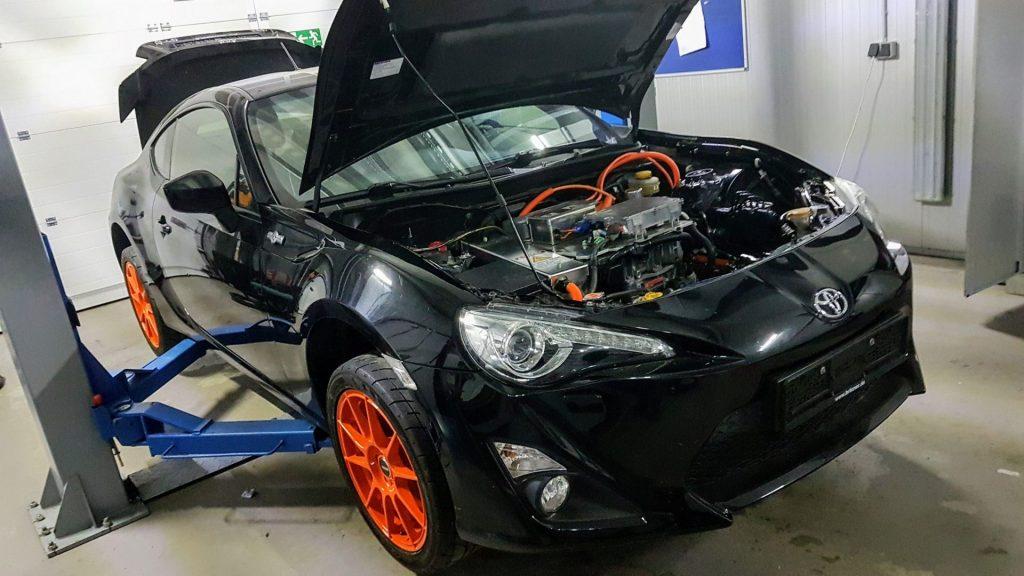
Vehicle Registration and Legal Documentation for EV Conversions
Safety Standards and Inspection
When converting a vehicle to electric, safety is paramount. It's not just about ensuring the vehicle operates correctly; it's about complying with the stringent safety standards set by local and national motor vehicle safety agencies. These standards are in place to protect not only the vehicle's occupants but also other road users and the environment.
Once your EV conversion is complete, an inspection by a certified body is necessary before your vehicle can be legally driven. This is because the conversion process involves significant changes to critical components like the powertrain. Inspectors need to verify that these alterations meet both performance and regulatory standards. As such, they will closely examine elements like brake systems, turn signals, headlights, and mirrors to ensure they function as expected in your newly converted electric vehicle.
As the centerpiece of your EV conversion, the battery system will be subject to rigorous scrutiny. It must comply with the safety guidelines outlined by the National Highway Traffic Safety Administration (NHTSA). For example, the battery system should not intrude into the passenger compartment in a crash. It should also meet specific requirements for electrolyte spillage, adequate gas venting, and maintaining physical integrity to prevent electrical faults.
Additionally, the inspection process will assess any changes to the vehicle's structure that could impact its handling, such as weight distribution. The placement of the battery system and other heavy electric components can significantly affect the vehicle's stability. Therefore, your converted EV must adhere to all specified weight limits and distribution ratios.
Inspection requirements vary by location and may include other crucial aspects not discussed here. It's essential for anyone considering an EV conversion to familiarize themselves with the safety regulations in their area. By meeting these safety standards and passing the necessary inspections, you not only comply with the law but also ensure your journey into the world of electric vehicles is safe.
Insurance and Liability Issues for Converted Electric Vehicles
Insurance is a critical aspect of EV conversion that should not be overlooked. While the basic principles of insuring a converted electric vehicle are the same as for a traditional vehicle, there are unique factors to consider.
Insurance companies typically use statistical data about different vehicle models' safety, repair costs, and theft rates to determine premium rates. However, this data may be limited or unavailable for converted EVs, making it challenging to establish comparable rates. This lack of data can sometimes lead to higher insurance premiums due to the perceived risk. Conversely, some insurers may offer lower rates due to the eco-friendly nature of EVs and their generally lower maintenance requirements than gas-powered vehicles.
During the EV conversion process, the value of your vehicle is likely to increase due to the added equipment and labor cost. You must inform your insurer about these modifications to ensure your coverage accurately reflects your vehicle's new value. If you're using a high-end, expensive conversion kit, you'll want to ensure your policy adequately covers this added value.
Moreover, insurance providers often require proof that your conversion meets all necessary safety standards. This may include an inspection certificate from an authorized body, safety certificates, and other relevant documentation that verifies your vehicle's roadworthiness after conversion.
It's also crucial to have effective liability protection. Comprehensive liability coverage can protect you from excessive damage expenses if an accident occurs. However, liability issues can be more complex with converted vehicles, as you may be held more accountable for accidents resulting from faulty conversion work, particularly if it doesn't meet approved safety standards.
Given these complexities, consulting with an insurance expert familiar with EVs can be beneficial. The key is understanding your coverage needs, accurately reporting changes, and always complying with necessary regulations.
Understanding Environmental Regulations and Proper Disposal of Gasoline Engine Components
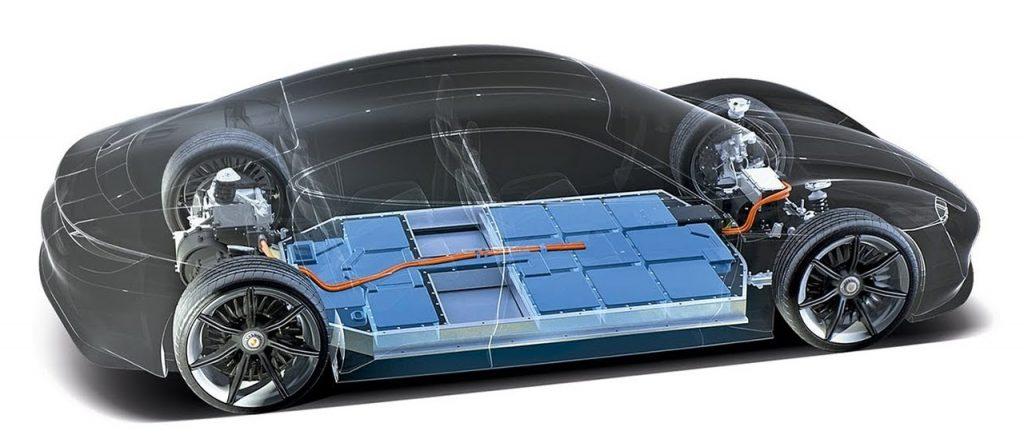
Embracing electric vehicle conversion is a commendable move towards environmental conservation. However, it's essential to be aware of the environmental regulations that govern this process. For instance, the disposal of gasoline engine components is subject to strict rules to minimize pollution and waste. Compliance with these regulations is not optional but a legal requirement.
Disposing old engine parts isn't as simple as tossing them in the trash. Many of these parts, including engine oil, transmission fluid, and coolant, can harm the environment if not correctly disposed of. For example, used motor oil can pollute soil and groundwater and emit toxic fumes when burned. Consequently, most regions have stringent regulations on the safe disposal and recycling of these hazardous materials.
Fortunately, many auto repair shops and recycling centers are equipped to handle these components safely, ensuring they don't harm the environment. Recycling also lessens the environmental impact of your conversion, as many engine parts can be repurposed.
Removing the fuel tank is another significant task when converting to an EV. The same environmental considerations and regulations apply to its disposal. It's crucial to ensure any remaining gasoline is drained correctly and treated as hazardous waste by local laws.
Beyond local regulations, federal laws may also impact your conversion. In the U.S., the Environmental Protection Agency (EPA) sets standards for vehicle emissions and modifications. Non-compliance can result in hefty penalties. Therefore, consulting with local and federal authorities or a conversion expert is advisable to avoid unintentional legal violations.
It's important to remember that every part removed from your vehicle during conversion should be disposed of responsibly. The goal of electric vehicle conversion is not just to reap economic benefits but also to contribute to environmental preservation.
Navigating EV Conversion Kit Regulations
The success of converting traditional vehicles to electric largely hinges on the quality and efficiency of Electric Vehicle (EV) conversion kits. However, understanding the regulations that govern these kits is equally crucial.
It's important to realize that not all EV conversion kits are legal or safe. The market offers a vast array of kits, and it's up to the converter to ensure the chosen kit complies with established regulations. In the U.S., EV conversion kits must meet safety and performance standards set by the National Highway Traffic Safety Administration (NHTSA) and the Environmental Protection Agency (EPA).
Some regions have specific laws about what an EV conversion kit should contain. These may include the battery's power and energy capacity, the electric motor's power output, and the safety features incorporated in the design. In many countries, including the U.S., documentation of the conversion process, including a list of used components, is required and should be provided by the EV conversion kit manufacturer.
Some regions offer emission exemptions for converted electric vehicles. However, it's crucial to understand the emission standards in your area, as they vary. Eligibility for these exemptions largely depends on whether the conversion kit and process meet the required standards.
The takeaway is this: before purchasing an EV conversion kit, ensure it's certified, meets all necessary safety standards, and complies with your region's environmental regulations. Using regulated and certified kits ensures your vehicle's legality and enhances its performance, safety, and lifespan.
Understanding Regulations for Charging Infrastructure
Transitioning to an electric vehicle (EV) involves more than just conversion. It's crucial to understand the regulations surrounding the charging infrastructure. This includes the methods and locations for charging your newly converted EV and how these align with existing laws.
Consider, for example, the domestic charging scenario. Is your home's electrical system equipped to handle the additional load of charging an EV? Many areas have specific rules about installing home charging stations, including potential modifications to your home's electrical system, the type of charging equipment, and safety standards. To ensure compliance with local electrical codes, you should engage a licensed electrician to assess and install your home charging station.
Regarding public and commercial charging stations, the regulations are even more comprehensive. They cover design requirements for accessibility and usability, safety standards for public protection, and usage guidelines, including user conduct and payment protocols. Understanding these laws is essential if you're considering installing a public charging station.
Also, ensure your converted vehicle is compatible with the public charging stations you intend to use. Some stations are designed for specific EV makes and models, and using incompatible equipment could lead to inefficient charging, battery damage, or safety hazards.
These regulations exist primarily for safety and to facilitate the integration of EVs into the existing power grid. As they can vary by region, consulting with local authorities or an EV conversion expert can provide a more precise understanding of the regulations in your area.
Navigating Local and State Laws for EV Conversions
Adherence to local and state laws is critical to converting a conventional vehicle to an EV. This ensures legal compliance and the safety and efficiency of your conversion.
Different jurisdictions have distinct laws regarding EV use and operation. These laws can vary significantly even within the same country, covering aspects such as component technical specifications, conversion safety standards, the legality of specific conversion kits, and emission standards.
For example, U.S. states may have unique requirements for safety inspections, registration, and emissions testing for EV conversions, in addition to federal standards. Some states may exempt converted EVs from emissions testing, while others may mandate more frequent safety inspections.
Post-conversion, your vehicle may not fit its original classification, affecting the registration process and potentially the type of driver's license required. You can obtain this information from your local Department of motor vehicles or an equivalent body.
If the conversion significantly alters the vehicle's weight, size, or other key attributes, it may need to be inspected and recertified under a new vehicle category.
Given the complexity of legal requirements for EV conversions, it's beneficial to consult authoritative sources or experts. These could include your local motor vehicle department, legal advisers specializing in vehicle law, or professional EV conversion experts. They can help you understand the specific legal requirements in your area, ensuring a compliant and safe conversion process.
Understanding the Legalities of Reselling Converted Electric Vehicles
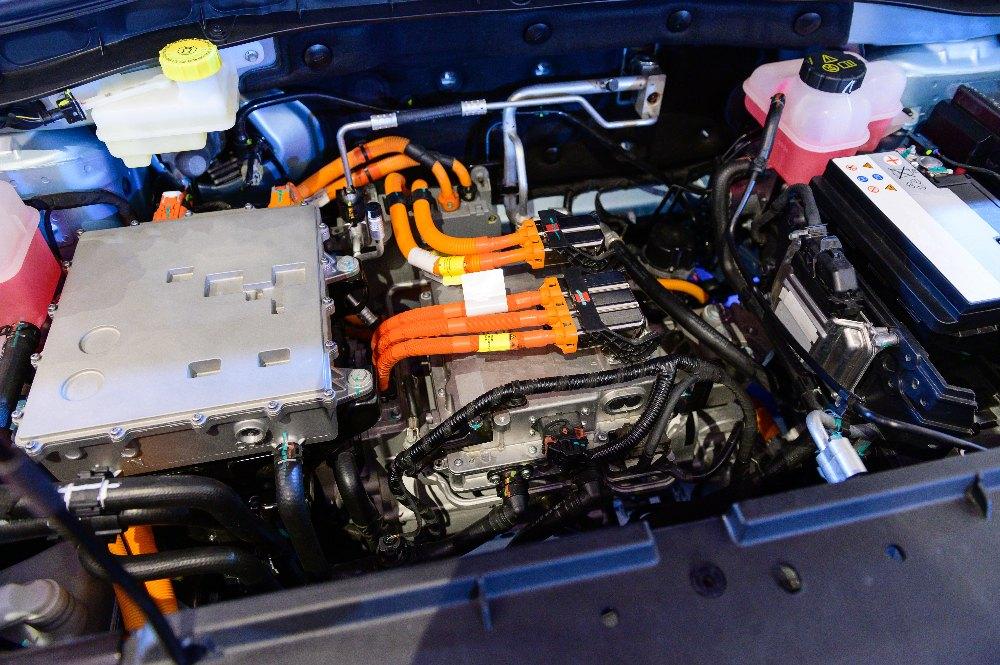
Embracing the thrill of creating a custom electric vehicle is an exhilarating journey. However, it's equally important to consider the legal implications if you decide to sell your converted vehicle in the future. This requires a comprehensive understanding of the laws governing the resale of converted electric vehicles.
It's vital to ensure that the conversion process adheres to all applicable local, state, and federal laws. Non-compliance could result in the inability to legally sell the vehicle or a significant drop in its market value.
Many jurisdictions mandate that sellers disclose to prospective buyers that the vehicle's original internal combustion engine has been replaced with an electric motor. This significant change in the vehicle's identity and functionality necessitates full transparency under the law.
As a seller, you must ensure that the converted EV can pass any required safety inspections or emission tests, if applicable. These requirements vary by region, so familiarizing yourself with local regulations is essential.
Furthermore, you may be required to disclose any changes in vehicle weight, power, range, or any other significant alterations from the original manufacturer's specifications. Disclosing such details could lead to legal repercussions, including allegations of fraudulent sales practices.
If you're uncertain about the vehicle resale laws in your area, consulting with a legal professional or your local motor vehicle department is advisable. This ensures that you're selling your converted electric vehicle in a legal, ethical, and responsible manner.
Navigating Legal Considerations During the Conversion Process
Converting a gasoline-powered vehicle to an electric one is complex beyond simply replacing an internal combustion engine with an electric motor. This process is fraught with legal considerations, making it imperative to understand the regulatory landscape before embarking on any modifications.
One of the key legal considerations during a conversion process is to engage licensed and trained professionals for the task. While a DIY approach may seem enticing, you could inadvertently violate regulations without the proper knowledge and skills, leading to legal consequences.
Another essential aspect to consider is the legality of the conversion kit and its components. As previously discussed, not all electric vehicle conversion kits are legal. Before purchasing and installing equipment, ensure it complies with all federal, state, and local laws and meets relevant agencies' safety and performance standards.
Modifications may also impact the vehicle's original classification, potentially requiring you to re-register the car and obtain a new title that accurately reflects the vehicle's post-conversion status. This involves dealing with official documentation that must be legally obtained and correctly filed to avoid legal complications.
If the conversion significantly changes the vehicle's specifications, such as weight, dimensions, or performance characteristics, these changes may need to be documented and reported to relevant authorities in certain regions. Staying informed about such requirements can help you avoid potential legal issues.
In conclusion, understanding and complying with the legal requirements associated with vehicle conversion is a crucial part of the process. Considering the legal aspects from the beginning and throughout the process, you can ensure a successful, safe, and legally compliant electric vehicle conversion.

